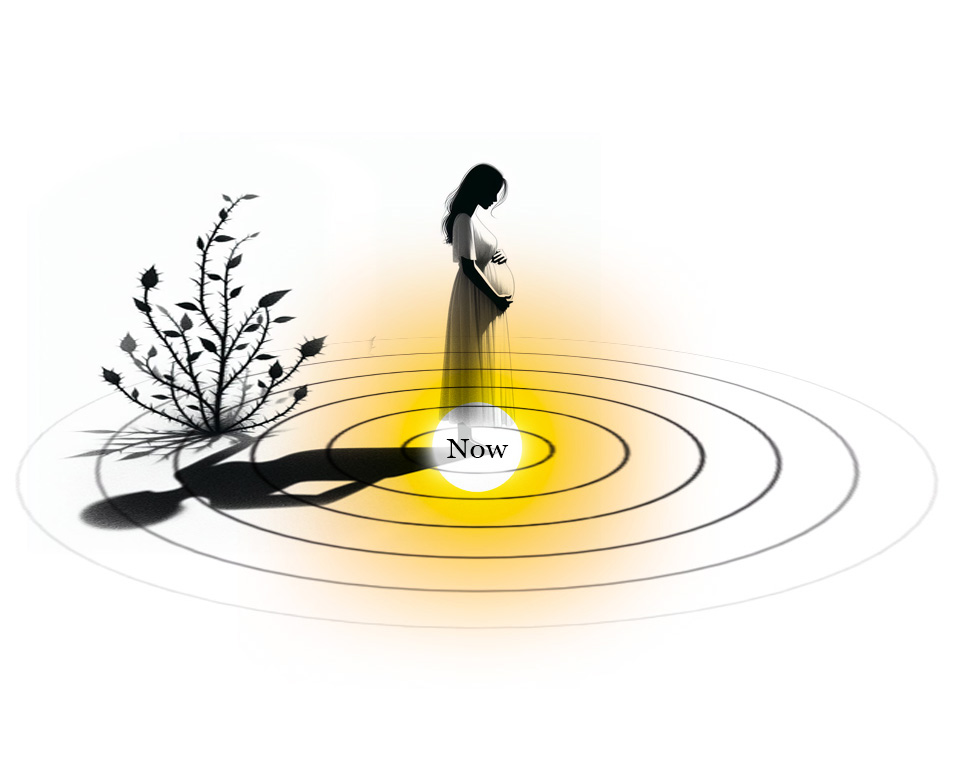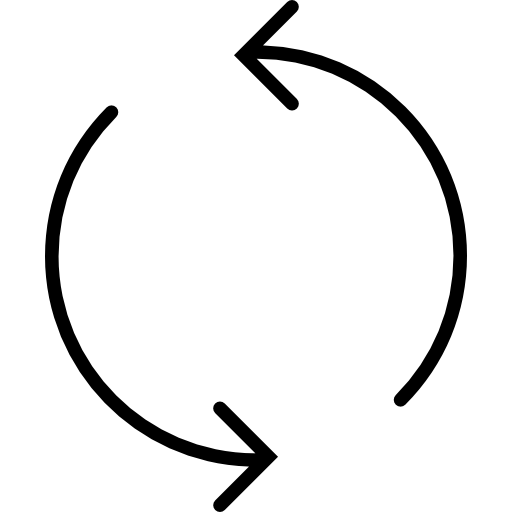 Genesis 3:16
Genesis 3:16

Dual: The Born Children of the Slavewoman and the Added Children of the Free woman - Isaiah 54:1
Toward the Woman he said, "She is causing to multiply; I am multiplying the inner afflicted one of yourself, and the inner pregnant one of yourself. In sorrow you are begetting sons! And the passion/longing of yourself is toward the man of yourself, and he, himself is ruling as king within yourself!"
The passion of herself is toward a man within herself.
"Sing barren one, the one who has not begotten! Burst forth a cry of joy, the one who has not whirled around! For the sons of the devastated one are more abundant than the sons of the enslaved one." (Isaiah 54:1 RBT)

To the woman he said, Multiplying, I will multiply thy pain and thy conception; in pain thou shalt bring forth children; and to thy husband thy desire, and he shall rule over thee.
He said to the woman, I will greatly increase your sorrow and your conception; you shall bear sons in sorrow, and your desire shall be toward your husband; and he shall rule over you.
To the woman he said, “I will surely multiply your pain in childbearing; in pain you shall bring forth children. Your desire shall be for your husband, and he shall rule over you.”
And to the woman he said, I will greatly multiply thy pains and thy groanings; in pain thou shalt bring forth children, and thy submission shall be to thy husband, and he shall rule over thee.
Footnotes
| 134 | Strong’s #6093, עִצָּבוֹן itstsabon. Masculine singular inner afflicted one. This rare noun has a suffix called the paragogic nun. It is only found 3 times – Gen 3:16, 3:17, 5:29. The paragogic nun suffix was always unknown to scholars as to its meaning, “This suffix is an unexplained feature of Biblical Hebrew grammar with no discernible meaning or function.” Gesenius writes, “This usually expresses a marked emphasis…” We understand it as referring to the "inner self" cf. Paragogic Nun as Inner Self. Another interesting “unknown” suffix is the feminine -ah added to what has been interpreted as an imperative, i.e the paragogic hay. For example, to hear (#8085) שמעה in Job 32:10, 34:16, Psalm 17:1, 39:12, 50:7, 61:1, 84:8, 102:1, 119:49, 130:2. Technically this would be read she has heard as in, “And the queen of Sheba has heard שמעה the report of Solomon…” 2 Chron. 9:1 literal |
| 135 | Paragogic nun הרוֹן heron (#2032). Noun inner concieving or pregnant one. Found only 3 times: Gen. 3:16, Ruth 4:13, Hosea 9:11. Very similar to אהרוֹן Aaron which could be interpreted as "inner concieved one" |
| 136 | Strong’s #3205, yalad. To bring forth, generate. This does not mean give birth since it is used of fathers (see Gen. 5). The word “beget” is 12th century old English word for the father’s role in procreation. The NT uses the word gennaó (#G1080) for genealogies of father lineages. (See Matt. 1) which means procreate/generate. Derivative is genos #G1085 family stock/kind, race. See also gennéma #G1081 generated-kind/fruit. Hebrew has a word for conceive/become pregnant harah #2029, specific to women, but does not appear to have word specific to women giving birth. |
| 137 | Son/Daughter⇒Builder/Built-one Strong’s #1121, ben. The words “builder” and “built-one” (ben, bat) are from the root banah, #1129 to build. As Eve in Gen (a “built-one”) is built See note on Gen 1:24. Compare this statement with the messenger’s words to Hagar in Genesis 16:10. “Narrow [Enoch], and he is becoming he-who-builds [boneh] a city..” Gen. 4:17 literal “He-who-builds [boneh] Jerusalem is Yahweh; those-who-are-pushed-down of El-Strives [Israel] Yahweh is gathering.” Psa. 147:2 literal “Which our builders [sons], like plants, growing-great [gadal] in their youths, our built-ones [daughters] are according to the corner-pillars of those-who-are-cut of a building-pattern [tabanit] of a temple.” Psalm 144:12 literal “And Yahweh elohim is building [banah] אֶת-the rib which he has taken from the Red-one to a Woman…” Gen 2:22 literal “And she [Rachel] is saying, `Behold, my slavewoman Troubled, come in toward her, and she is bearing upon my knees, and I am being built up [banah], also myself, from her.`” Gen. 30:3 literal The term “building” in the transitive is seemingly limited to the masculine [sons] only. The feminine noun tabanit building-pattern, construction is also from the root banah and is found 20 times in scripture. There are 12 instances of תִבְנֶ֥ה tibneh for 2nd person masculine singular, but no instances of the 3rd person feminine singular tibneh she is building. Cf. https://biblehub.com/hebrew/tivneh_1129.htm |
| 138 | To Run After -שׁוּק Strong’s #8669. Fem. noun, teshuqat, passion, desire. In the three instances of this word construct there is always the preposition toward. A derivative of shuq (#7783), to run after (or over). BDB interprets the verb, “probably to be abundant”. Gesenius gives the verb a primary definition of to run, and a causative form to make run over, and notes the derivatives shoq (#7785) leg (from knee down) and shuq (#7784) street. Fuerst gives the primary meaning as to depend on, cleave to, stick close to, and the secondary meaning as to run, flow. A similar word shaqaq שָׁקַק (#8264) means to run about, rush. |
| 139 | Strongs #4910 משל mashal to rule as king, have dominion Hebrew preposition in + second person feminine = בך = in-yourself. This is not "over yourself" which would be עליך but was an "idiomatic meaning" (not proper) imposed onto the text. |